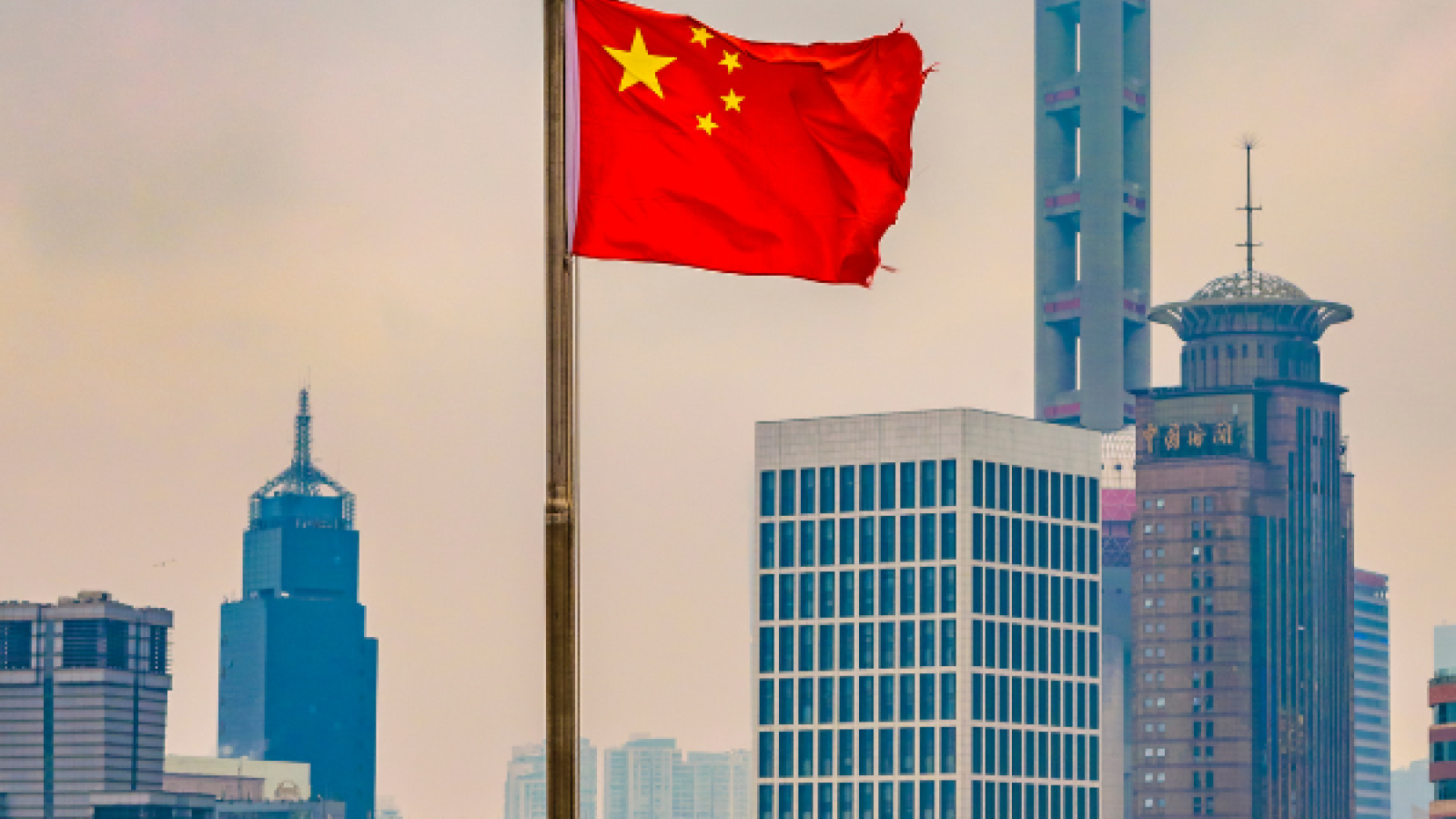
The ECGI blog is kindly supported by

China’s Experiment: Dual-Class Equity Structure
The adoption of the “dual-class equity structure” (DCES) has been expanding across Asia. Japan has implemented a system functionally akin to DCES. Singapore and Hong Kong have embraced it. Notably, in April 2023, Korea also adopted the DCES. However, the DCES continues to be a subject of debate. Advocates of the DCES underscore its benefits in maintaining control by founders endowed with significant “human capital”—skills such as technology expertise and visionary leadership—which could ultimately be advantageous for all shareholders and society. In contrast, opponents raise concerns about investor protection, pointing to potential risks such as founders’ lack of accountability, entrenchment, suppression of legitimate shareholder activism, and increased risks of tunneling. These advantages and disadvantages are also relevant to Mainland China.
In our paper, Exploring China’s Dual-Class Equity Structure: Investor Protection Measures and Policy Implications, we delve into the recent developments of the DCES in China. Traditionally, China has strictly adhered to the one-share-one-vote (OSOV) principle as a core aspect of its corporate law.[1] However, in 2019, the China Securities Regulatory Commission (CSRC) introduced rules to facilitate the DCES (in Chinese, 特别表决权, meaning “special-voting rights”), allowing “innovative enterprises” to issue shares with multiple voting rights to their founders. Yet, in China, the DCES system is governed by a de facto “stringent permit system.” The Chinese authorities have exercised caution regarding the system’s potential misuse and negative impacts on investors. Consequently, as of November 2023, only eight companies have received the “green light (绿灯)” from the Chinese authorities to adopt DCES in their IPOs, as detailed in Table 1 below. Notably, the most recent case dates back to July 2022. Since then, the DCES-IPO process has been dormant in China.
Table 1: Companies Listing in Mainland China with the DCES
Company | Listing date | Percentage of issued share capital controlled by founder(s) | Percentage of founder(s)’ voting rights | Votes per Special Share |
UClould | 20/1/2020 | 23.12% | 60.06% | 5 |
Ninebot | 29/10/2020 | 25.79% | 63.47% | 5 |
Huiyu Phar. | 26/10/2021 | 31.27% | 60.95% | 5 |
Jing-Jin Electric | 27/10/2021 | 16.04% | 59.29% | 10 |
Jingwei Hirain | 19/4/2021 | 33.27% | 50.76% | 6 |
SmartSens | 20/5/2022 | 13.71% | 44.26% | 5 |
Cloudwalk | 27/5/2022 | 19.78% | 59.67% | 6 |
Orbbec | 7/7/2022 | 35.73% | 64.84% | 5 |
The Chinese system of the DCES emphasizes stringent investor-protection measures, including: (1) “three numerically specified rules” (which we refer to in our paper), (2) sunset provision rules, and (3) rules converting special-voting shares (i.e., shares with higher-voting rights) into shares with one vote. For a comprehensive overview, refer to Table 2 below.
Table 2: Investor Safeguard Rules in the Chinese DCES[2]
(1) Three numerically specified rules | (i) 10% equity rule (ii) 10-time voting-right rule (iii) 2/3 voting-right rule |
(2) Sunset provision rules | (i) Event-driven sunset (ii) Time-based sunset |
(3) Rules on converting special-voting shares into shares with one vote | (i) Conversion in a hostile takeover (ii) Conversion in an amendment of the charter |
For example, the “three numerically specified rules” comprise: (i) the 10% equity rule, stipulating that founders’ equity contributions must be no less than 10% of the total; (ii) the 10-time voting-right rule, ensuring that founders’ special-voting shares do not possess more than ten times the voting rights of ordinary shares; and (iii) the 2/3 voting right rule, which limits founders’ total voting rights, including those from special-voting shares, to no more than two-thirds of the total voting rights. These rules collectively aim to balance the interests of founders with those of other shareholders, ensuring a fair and equitable governance structure within the framework of the DCES in China.
In the legal framework of the Chinese DCES, there are rules regarding event-driven sunset provisions; however, rules pertaining to time-based sunset provisions are absent. Nonetheless, theoretically, time-based sunset provisions, although not favored by founders in practice, can be incorporated through negotiation. Additionally, the rules concerning the conversion of special-voting shares into shares with one vote are particularly relevant in scenarios like mergers or when amending a company’s charter.
Given that there are approximately 5,000 listed companies in Mainland China’s capital market, the mere eight listed companies adopting the DCES suggest its limited use. Indeed, the permit system enforced by Chinese authorities is stringent: even if a corporation meets the statutory requirements of DCES on paper, this does not ensure its adoption in practice since the government authorities’ permission is needed. For instance, in the UCloud case presented in Table 1, the founders’ equity contribution was 23.12%, significantly higher than the required 10%. While votes for special shares could legally be up to 10 times that of ordinary shares, UCloud opted for a more conservative ratio of 5. This approach brought the percentage of founders’ voting rights to below 2/3 (66.6%) of the total votes of the company, a “soft-law” threshold closely monitored by the Chinese authorities.[3]
Considering the relative underdevelopment and inefficiency of the Chinese capital market, as well as the prevalence of tunneling, the Chinese authorities’ approach to enhancing investor protection in the context of DCES appears appropriate, at least in the short term. However, the Chinese government’s stringent permit system may inadvertently stifle entrepreneurship, which is crucial for China’s economic development. It is also important to note that regulations such as the 10% equity rule and the 10-time voting-right rule seem to be more heuristic than scientifically substantiated.
Additionally, as of January 2023, about 250 Chinese corporations were listed on the U.S. capital market, and many of them embraced DCES. Yet, with growing tensions between China and the U.S., China faces challenges in utilizing the U.S. market and is strategically reducing reliance on it. The intricate narrative encompassing global hegemonic rivalry, national security concerns, data protection issues, and the endeavors of Chinese companies to raise capital in the U.S. is exemplified by the case of Didi Chuxing. This company’s IPO on the NYSE was followed by significant repercussions from the Chinese government, ultimately leading to its subsequent delisting.
From this perspective, China’s DCES should be crafted to not only promote entrepreneurship but also to serve as a response to Chinese companies’ loss of DCES opportunities in U.S. capital market. However, if China maintains its strict stance on DCES, as evidenced by the stringent permit system and the very limited number of DCES-listed companies, it implies that Chinese companies’ loss of DCES-IPO opportunities in U.S. capital market might not be recaptured in China. Furthermore, the DCES-IPO market in Hong Kong is also not very active, offering limited opportunities for innovative Chinese companies. Consequently, establishing a viable DCES-IPO market in Mainland China is becoming increasingly important.
Given this situation, Chinese authorities should consider gradually easing the current strict DCES regime. While relaxing investor protection measures may increase the disparity between cash-flow rights and voting rights and elevate the risk of tunneling, this can be mitigated by enforcing legal systems that adequately penalize such misconduct through civil, administrative, and criminal penalties. Therefore, a dual approach—easing DCES regulations and strengthening enforcement against tunneling—is advisable in China. In this regard, discussions surrounding the DCES should also incorporate considerations for reforming the derivative suit system, which is a principal mechanism for civil remedies against tunneling and remains largely dormant and ineffective in China. Additionally, there should be a focus on developing the newly introduced investor-protection mechanisms in the China Securities Investor Service Center (ISC), a government-affiliated body.
In sum, China’s DCES system represents a multifaceted function interwoven with a range of issues. These include fostering entrepreneurship, ensuring investor protection, addressing sluggish economic growth in China, navigating the ongoing tensions between China and the U.S., and considering the Hong Kong capital market as an alternative to Mainland China’s capital market. For example, should the China-U.S. tensions ease following the meeting of their top leaders in November 2023, it could also have implications for the future direction of China’s DCES system.
-----------------------
[1] Regarding non-listed companies, shareholders have the flexibility to determine the voting weight assigned to each share, although the default rule is often OSOV. PRC Company Law (2018).
[2] In addition, (4) rules on founder-directors are an important set of investor safeguard measures. Due to the space limit and (4)’s importance as an independent research topic, this blog article does not cover (4).
[3] When it comes to a corporation’s DCES-IPO in China, the 2/3 voting right rule is considered “soft law” since it is not formally codified as a regulation but is still enforced by Chinese authorities.
-----------------------
By Sang Yop Kang, Professor of Law, Peking University, School of Transnational Law; Research Member, ECGI; Attorney at Law; CFA; FRM; Arbitrator and Ling Tong, Attorney at Law, Fangda Partners.
If you would like to read further articles on Dual-Class Shares, click here
The ECGI does not, consistent with its constitutional purpose, have a view or opinion. If you wish to respond to this article, you can submit a blog article or 'letter to the editor' by clicking here.







